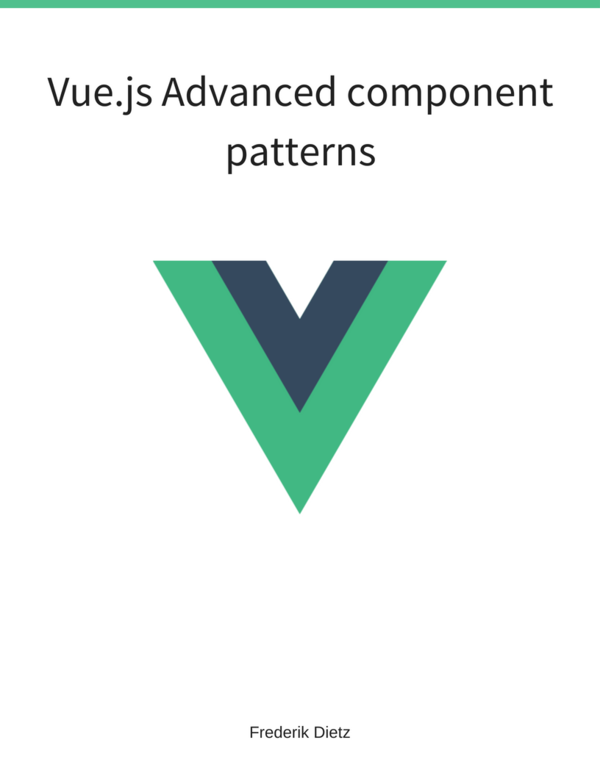Testing Controllers
Problem
You wish to unit test your business logic.
Solution
Implement a unit test using Jasmine and the angular-seed project. Following our previous $watch recipe, this is how our spec would look.
describe('MyCtrl', function(){
var scope, ctrl;
beforeEach(inject(function($controller, $rootScope) {
scope = $rootScope.$new();
ctrl = $controller(MyCtrl, { $scope: scope });
}));
it('should change greeting value if name value is changed', function() {
scope.name = "Frederik";
scope.$digest();
expect(scope.greeting).toBe("Greetings Frederik");
});
});Discussion
Jasmine specs use describe and it functions to group specs and beforeEach and afterEach to setup and teardown code. The actual expectation compares the greeting from the scope with our expectation Greetings Frederik.
The scope and controller initialization is a bit more involved. We use inject to initialize the scope and controller as closely as possible to how our code would behave at runtime too. We can’t just initialize the scope as a Javascript object {} since we would then not be able to call $watch on it. Instead $rootScope.$new() will do the trick. Note that the $controller service requires MyCtrl to be available and uses an object notation to pass in dependencies.
The $digest call is required in order to trigger a watch execution after we have changed the scope. We need to call $digest manually in our spec whereas at runtime Angular will do this for us automatically.
